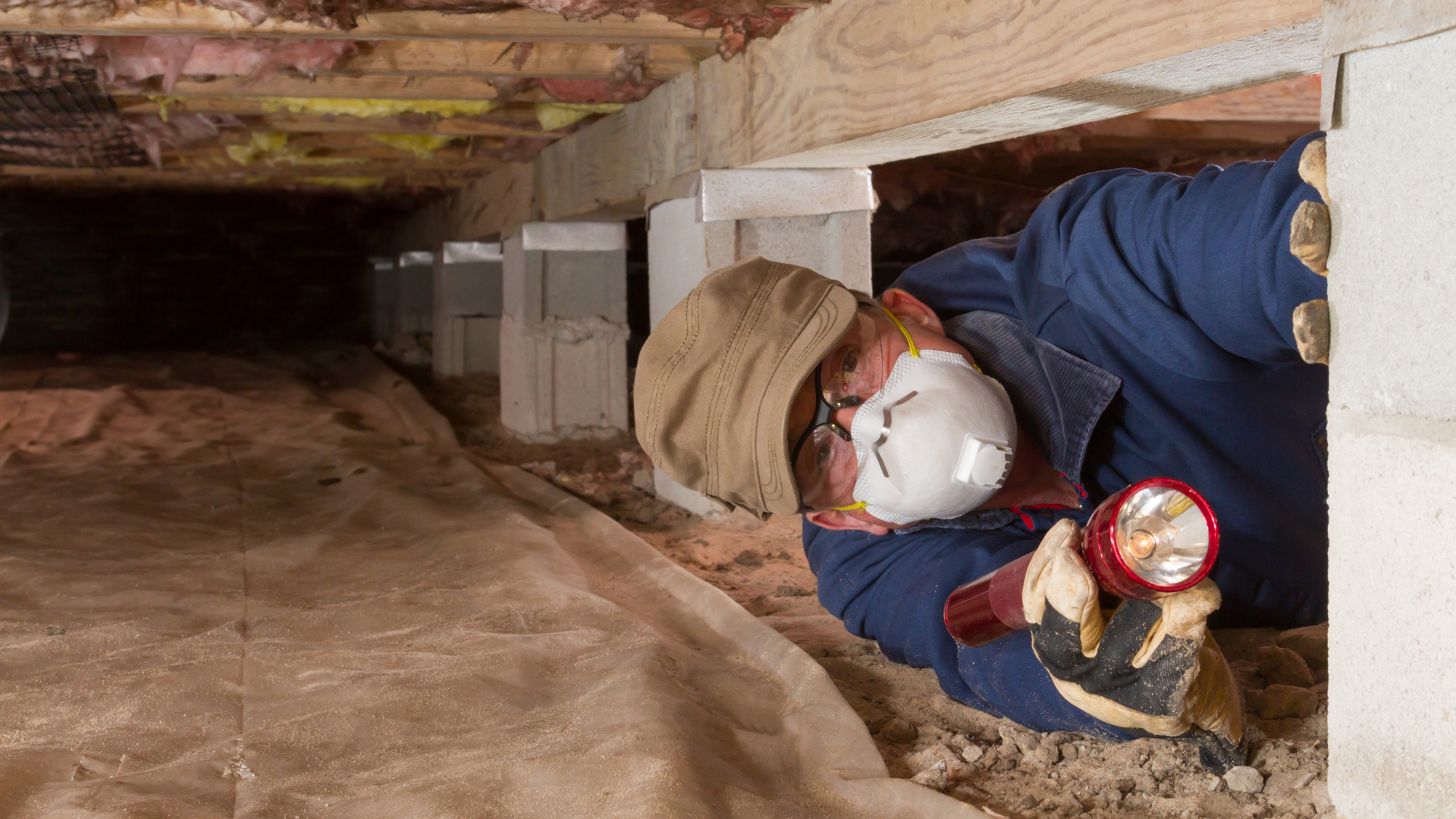Mold Inspections
Mold assessments are the first line of defense for a homeowner’s microbial concerns. Tennessee’s humid climate can create environments conducive to mold growth within the envelope of the home. Mold assessments are especially valuable in older homes, homes with naturally vented crawlspaces/basements, and homeowners with sensitivities to indoor air quality issues.

Mold Assessment
Mold Assessment can look different from house to house as we tailor each assessment to our clients specific needs. DILIGENT has a multiple layers of screening that are designed to suit homeowners various needs. The 2 most common reasons for scheduling a mold screening inspection is due to previous moisture damage, or a general concern for indoor air quality. Both of these scenarios can lead to microbial contaminants within the interior envelope of the home.
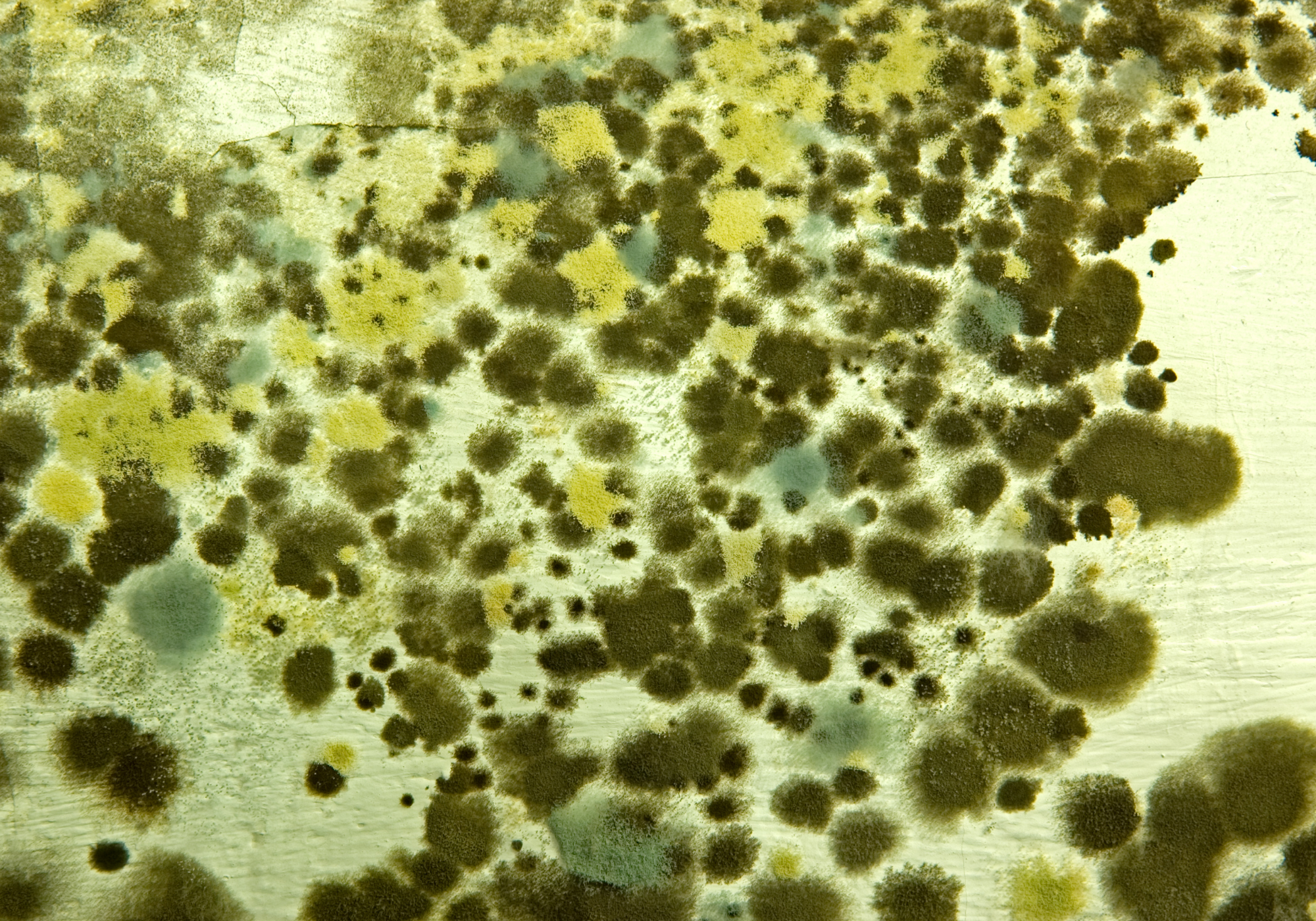

The Process
Before testing begins onsite, we will speak with you directly and hear your particular story behind any microbial concerns. Once the specifics are gathered about the property, the mold assessment will start with an inspection at the areas of concern (This often times looks very similar to a home inspection, with a specific focus of the current issue). Specialized equipment is used to test moisture levels in materials, relative humidity inside and outside the home, levels of particulate in the air, and capsules to collect samples of the air within the home. The air sample capsules are shipped to a lab, analyzed, then the results are interpreted and factored into the inspection that was performed on-site.
What we’re looking for
If you have had a previous moisture issue and repairs were performed, the mold assessment will help provide information about potential lingering contaminants from the moisture damage. However, contaminants within the home do not always originate in the home. Although pet dander, residue from smoking, mold growth and VOCs (volatile organic compounds) can be large contributors to indoor air quality, many other contaminants can find their way into the home. Bacteria, outside allergens, pollen, and VOCs can also enter the home from the exterior, indicating weak points in the envelope of the structure. Example: Mold in crawlspaces can enter the breathable areas of the interior through duct openings, plumbing penetrations, electrical penetrations, and other poorly sealed areas. The goal of the testing is to identify what particulate is in the home, where it is coming from, and what steps should be taken to remediate the issue.
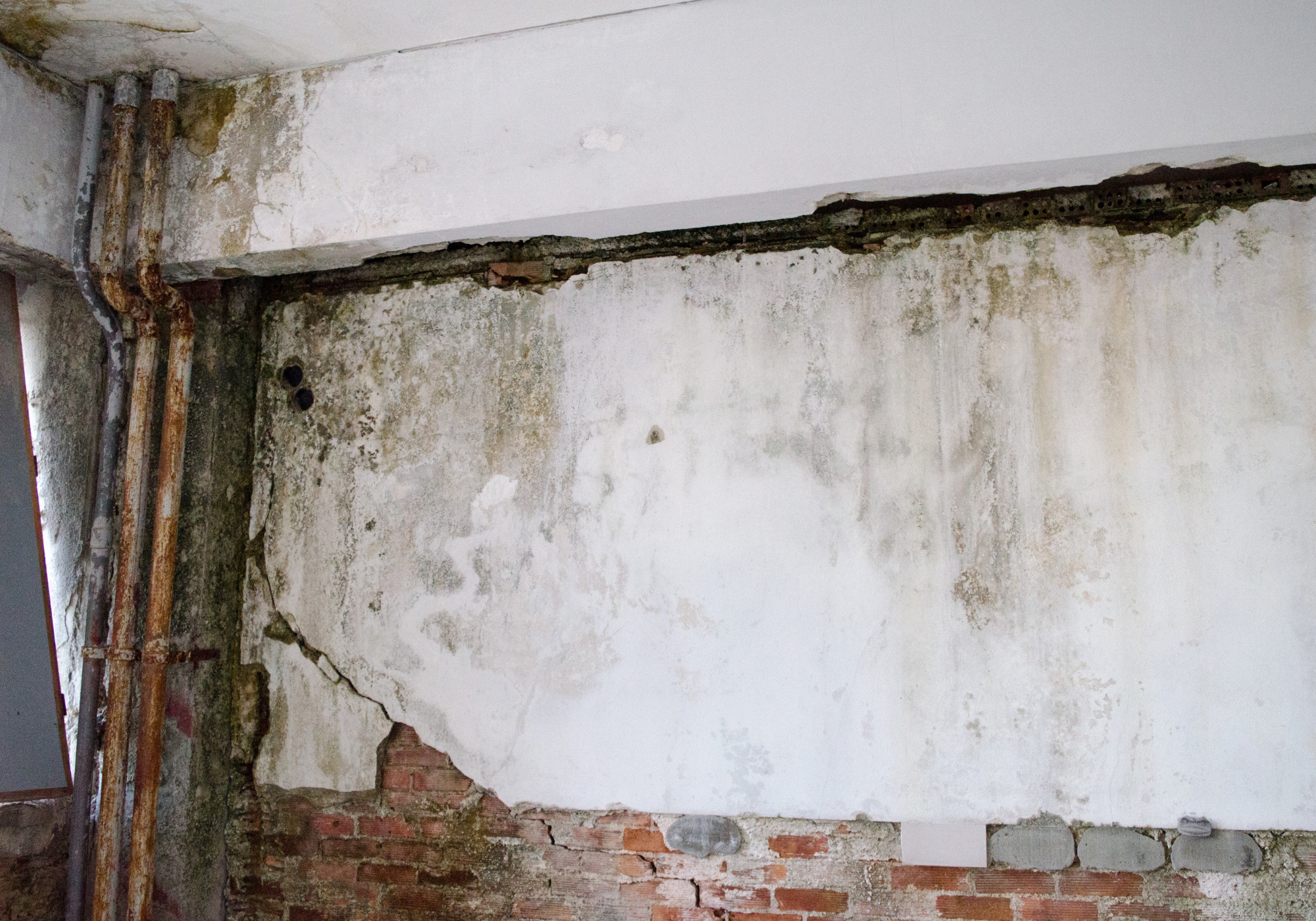

Common Findings with Mold Inspections: Asthma Triggers
Asthma triggers are commonly found in homes and include mold, dust mites, second hand smoke, and pet dander. These triggers can linger from a previous home owner or a house renovation. Asthma triggers cause symptoms including coughing, chest tightness, wheezing and breathing problems. If you are sensitive to asthma triggers, the mold screening will help identify what triggers are currently in the home and help identify the location of the issue.
Common Findings with Mold Inspections: Molds
Molds are living things that produce mold spores. Molds produce spores that float in the air, land on damp surfaces, and grow. Molds are common when there are moisture leaks in supply or waste plumbing, and around leaking appliances like dishwashers, refrigerators, wine coolers, washing machines, etc. In middle TN, microbial growth is not uncommon in crawlspaces and basements. This growth can enter the livable spaces in a home and affect the indoor air quality.
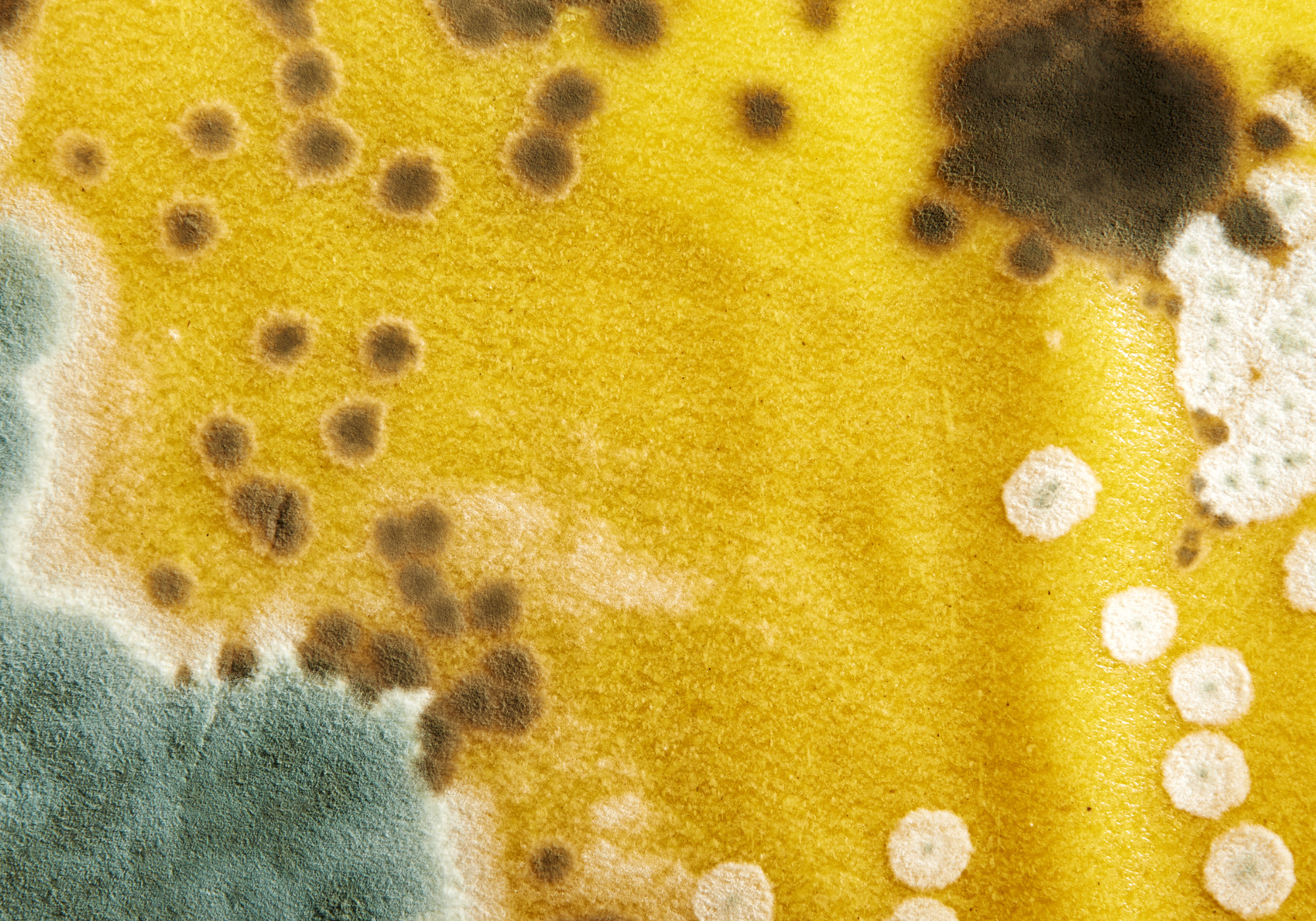
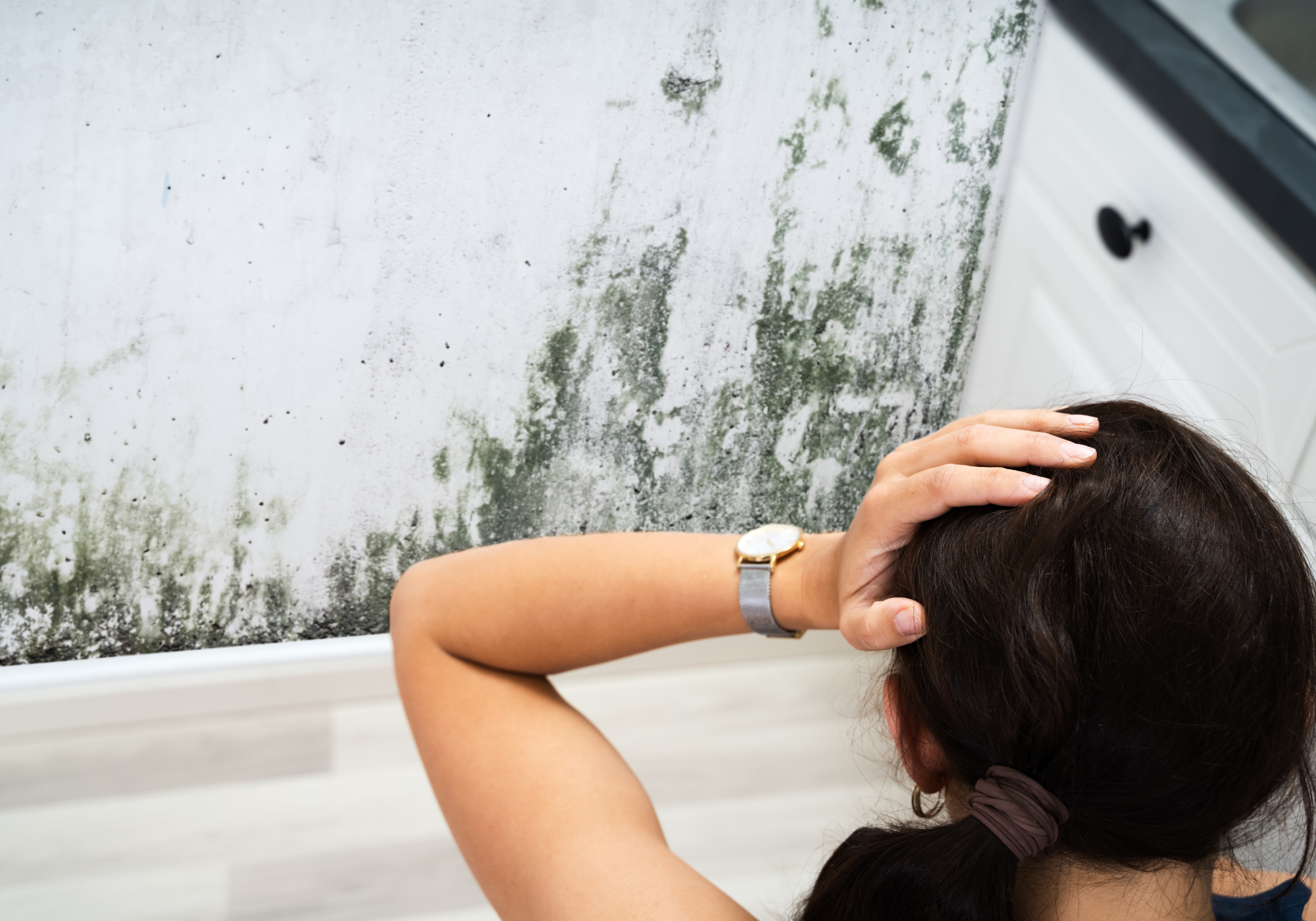
Common Findings with Mold Inspections: Volatile Organic Compounds (VOCs)
Contaminants can cause dry or irritated eyes, headaches, coughing, sneezing, or sinus congestion. In some cases, VOCs irritate the eyes, nose and throat, and cause headaches, nausea, and damage to the liver, kidneys and central nervous system. Some of them can cause cancer.
VOCs
VOCs are emitted by a wide array of products used in homes including:
– Paints and Lacquers – Paint Strippers
– Cleaning Supplies – Varnishes and Waxes
– Pesticides – Building Materials and Furnishings
– Office Equipment – Moth Repellents
– Air Freshener – Dry-Cleaned Clothing
VOCs evaporate into the air when these products are used or sometimes even when they are stored.
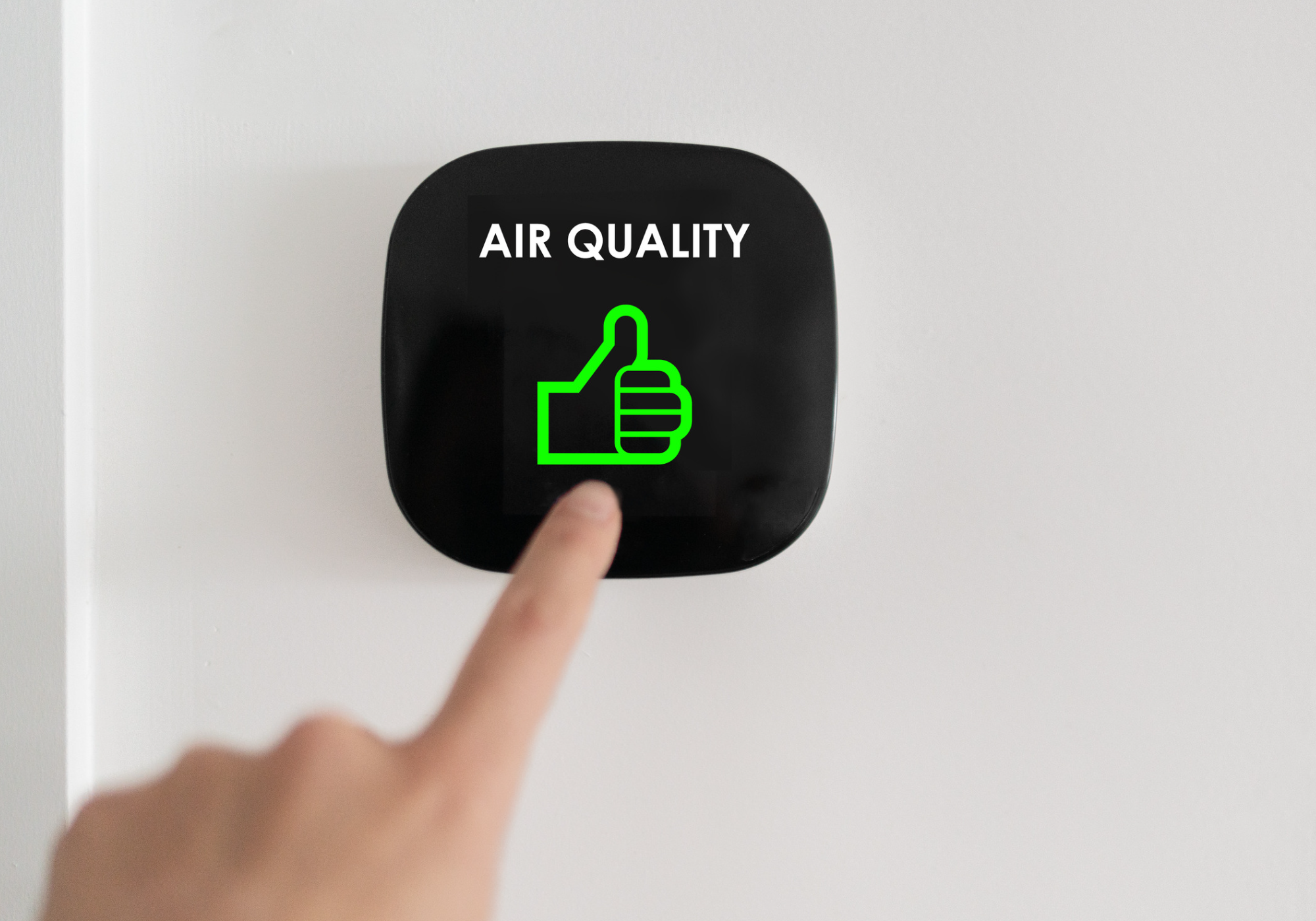
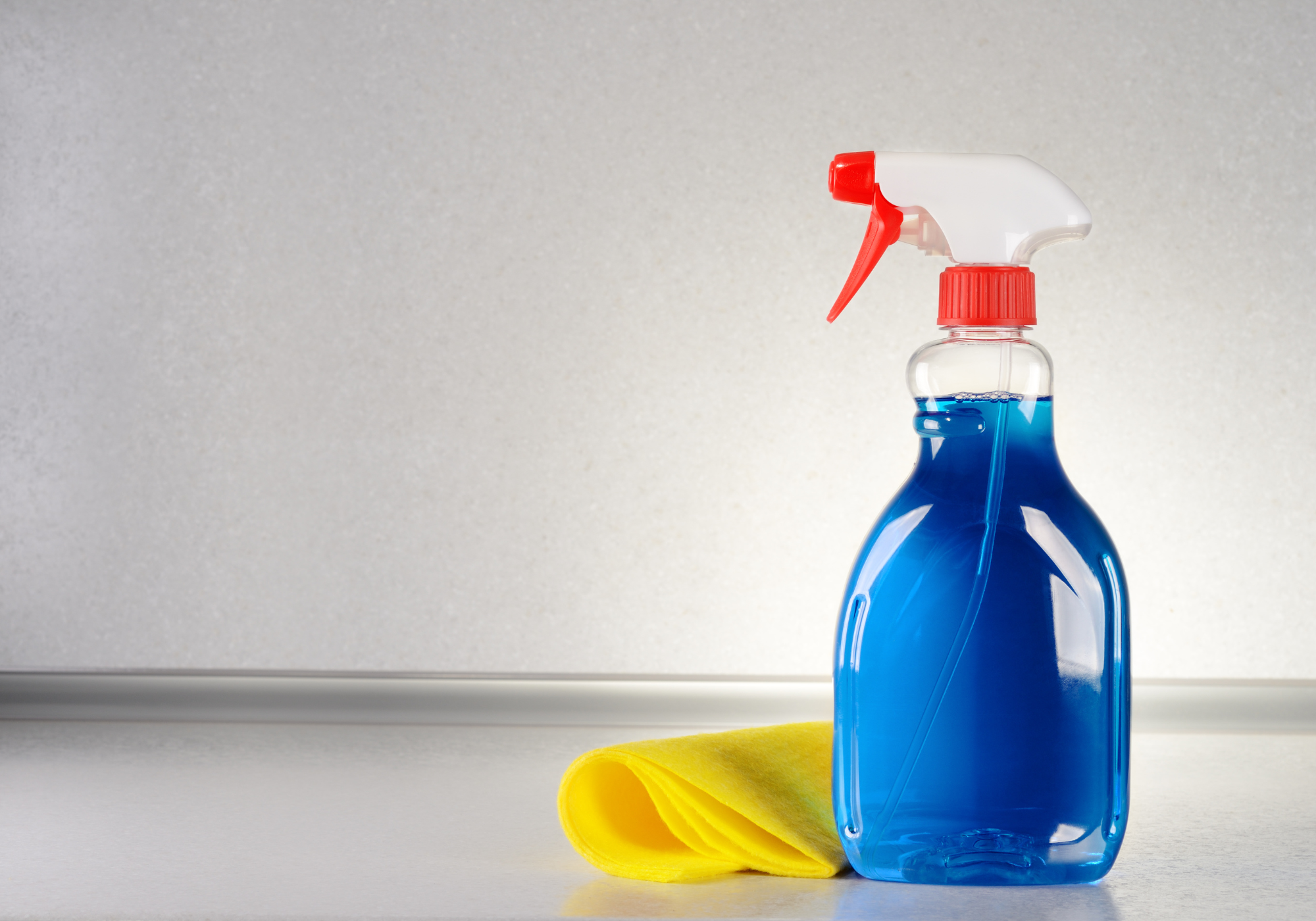
Learn about Our Services
INSPECTION TYPES
Home Inspection
Commerical Inspection
Pre-Drywall Inspection
Quick Consult
Mold Assessment
Crawlspace Consultation
Stucco / EIFS / Stone Veneer
Structural Inspection
Short Term Rental Inspection
Termite Inspections
Radon Testing
Sewer Camera Inspections
Mold Screening
Repair Inspection
Cost Outline Report
Lead / Asbestos Testing
Water Testing
Pool / Spa Inspection
Crawlspace Consultation
Want to find out what’s going on in your crawlspace? Our crawlspace consultation will let you know what’s concerning in those hard to reach places!

